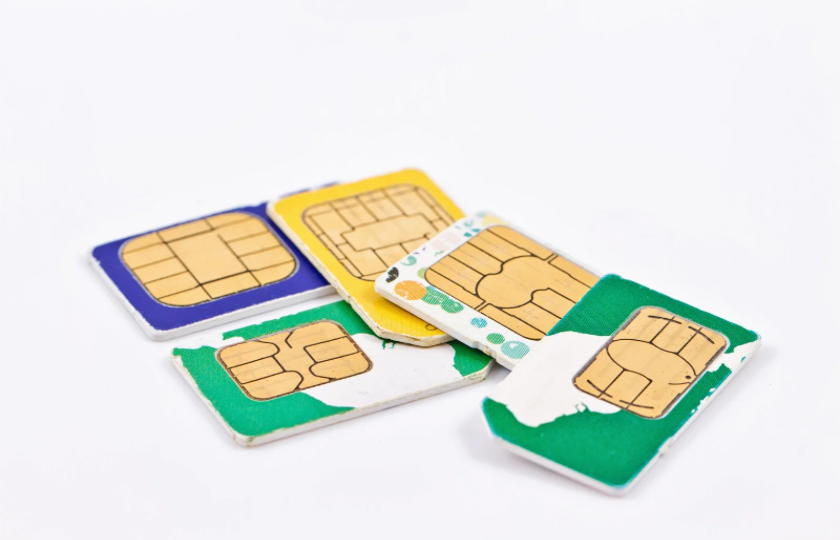Researchers from the University of Cagliari in Italy have found a way to upcycle gold extracted from discarded sim cards as catalysts to produce medicines.
The scientists explain that re-using the gold from e-waste prevents it from being lost to landfill, and recycling the material reduces the need to mine for new gold.
Catalysts in producing medicine are often made of rare materials like gold, which are extracted using expensive, damaging, and energy-intensive mining.
E-waste such as discarded sim cards is usually sent to landfills because separating components requires a lot of energy and dangerous chemicals – undermining its economic viability.
Finding ways such as this recent discovery is crucial to re-use rare metals in a low-cost, low-energy, and non-toxic way.
“Shockingly, most of our electronic waste goes to landfill and this is the opposite of what we should be doing to curate our precious elemental resources,” said Professor James Wilton-Ely, lead researcher, Department of Chemistry.
“We are currently paying to get rid of electronic waste, but processes like ours can help reframe this ‘waste’ as a resource.”
The team tested the gold compound extracted from sim cards in a number of reactions commonly used in pharmaceutical manufacture – for example for making anti-inflammatory and pain-relief drugs – and found that gold performed as well, or better, than the currently used catalysts, and is also reusable, further proving its sustainability.
“Research like ours aims to contribute to the cost-effective and sustainable recovery of metals by building a bridge between the supply of precious metals from scrap and industrial demand, bypassing the use of virgin raw materials,” added Professor Serpe, co-researcher of the study.
The teams are working to extend this approach to the recovery and re-use of palladium from end-of-life automotive components. Palladium is widely used in catalysis and is even more expensive than gold.



